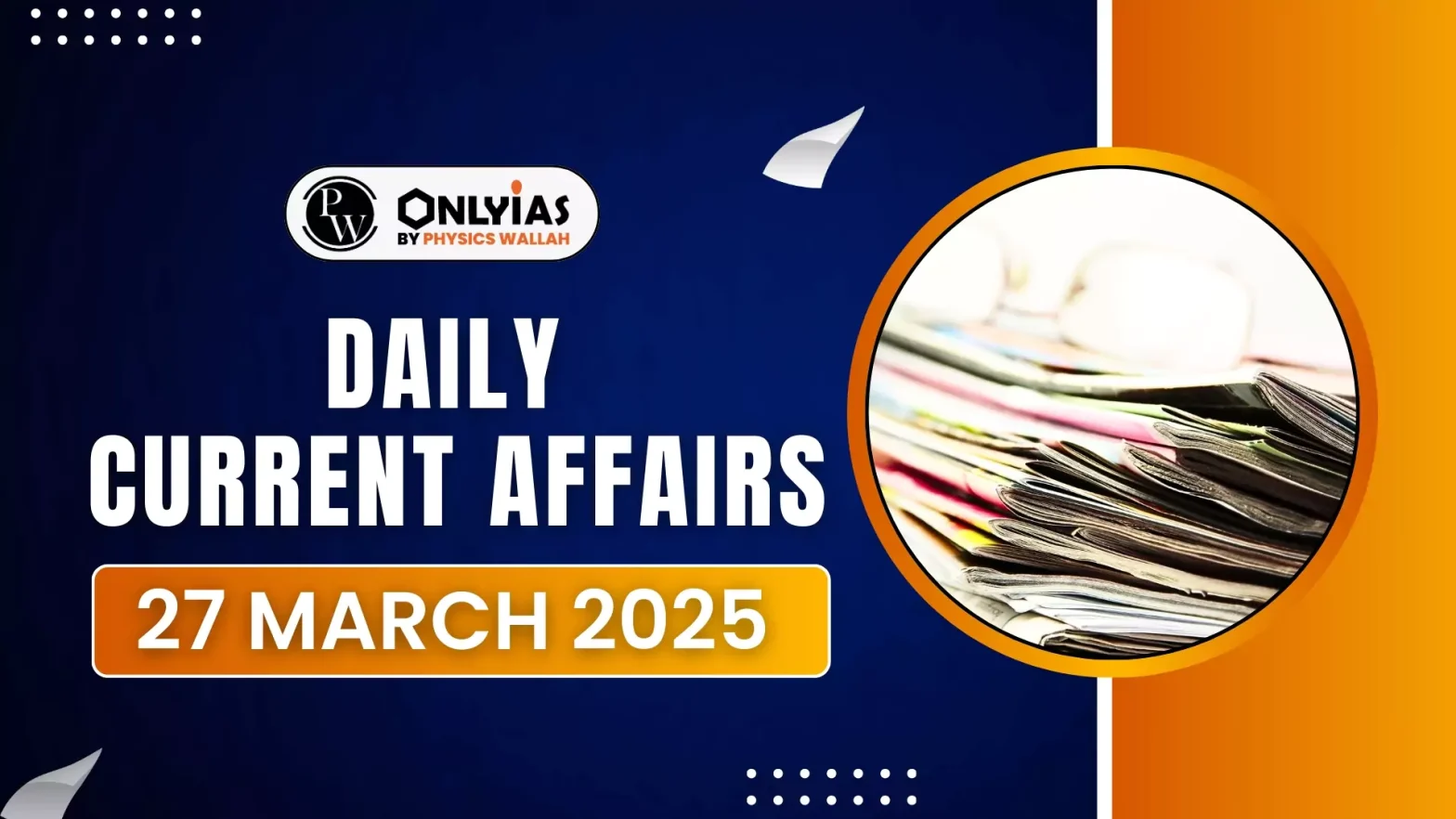The Department-related Standing Committee on Science and Technology, Environment, Forests, and Climate Change raised concerns over the inadequate utilization of funds under the Control of Pollution Scheme for FY 2024-25.
Key Findings of the Parliamentary Committee
- Concern on rising pollution: India’s worsening air, water, and noise pollution has been a global concern for years.
- Underutilisation of fund: The environment ministry spent less than 1% of the ₹858 crore allocated for pollution control in 2024-25.
- The parliamentary panel expressed shock over the underutilization of funds, particularly for the “Control of Pollution” scheme, which forms 27% of the ministry’s budget.
- Reason for Underutilisation: The lack of scheme approvals, despite ambitious targets, indicates poor planning and concern.
About Control of Pollution Scheme
- Administering Authority: The scheme is implemented by the Ministry of Environment, Forest & Climate Change (MoEF&CC).
- Type: It is a Central Sector Scheme, fully funded by the central government.
- Launch Year: 2018
- Objective:
- To monitor air quality nationwide and implement necessary mitigation measures.
- To track water quality and noise pollution levels for effective environmental management.
- Targets under the Scheme:
- National Clean Air Programme (NCAP): Provides funding for NCAP, which aims to reduce particulate pollution in 131 highly polluted cities by 40% by 2026, compared to 2019-20 levels.
- It also finances plans to clean the air in 82 ‘non-attainment’ cities that fail to meet air quality standards.
- Components of the Scheme
- Financial Assistance: Supports weaker state pollution control boards to strengthen their pollution-control measures.
- Environmental Monitoring Network Programme: Establishes a nationwide pollution monitoring system for continuous assessment and action.
Air and Water Pollution Crisis
- India’s air quality ranking improved from 3rd to 5th globally in 2024, but PM2.5 levels remain far above WHO standards.
- Despite the improvement, India still has 13 of the world’s 20 most polluted cities, with Delhi ranking second in most polluted cities and is the most polluted capital city.
- Water pollution is severe, with India ranking 120th out of 122 on the Global Water Quality Index.
- 70% of Indian water sources are contaminated, posing a severe public health risk.
Need for Continuous Pollution-Control Efforts
- Delays in pollution-control approvals hinder critical public health initiatives.
- Recently the Delhi government prioritized air and water pollution in its 2025-26 budget, allocating ₹506 crore.
- Efficient implementation of pollution-control programs remains a major challenge.
![]() 27 Mar 2025
27 Mar 2025
